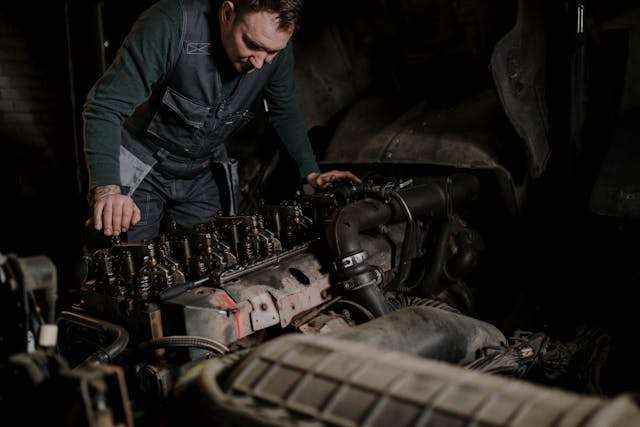
For anyone looking to get hands-on with car maintenance or start a career in automotive repair, understanding the basics of an engine is the perfect place to begin. Whether you’re fascinated by how engines work or simply want to avoid being baffled at the mechanic, developing some foundational auto engine skills can be both empowering and practical. In this guide, we’ll walk through essential engine knowledge for beginners, offer a few starter tips, and highlight why learning these skills is more accessible than you might think.
Why Learn Auto Engine Skills?
Modern vehicles may seem complicated, but at the core, they still rely on the same engine principles that have driven cars for over a century. Learning how an engine works not only demystifies what’s under the bonnet but also:
- Helps you identify potential issues before they become major problems
- Saves money on minor repairs and diagnostics
- Boosts your confidence when speaking with mechanics or car enthusiasts
- Opens the door to more advanced mechanical skills down the track
Getting to Know the Engine
The heart of your car is the internal combustion engine. It converts fuel into motion through a controlled explosion within the engine cylinders. The key components every beginner should become familiar with include:
- Engine block – the core structure housing the cylinders and components
- Cylinder head – sits atop the engine block and contains passages for air and fuel
- Spark plugs – ignite the air-fuel mixture
- Crankshaft and camshaft – work together to convert combustion into movement
- Timing belt or chain – synchronises engine components
Understanding these parts and how they work together is the foundation of developing your auto engine skills.
Basic Engine Maintenance for Beginners
If you’re just starting out, these simple maintenance tasks will give you confidence and practical knowledge:
- Checking and topping up engine oil – Vital for engine lubrication and health
- Replacing air and fuel filters – Keeps your engine running efficiently
- Inspecting spark plugs – Ensures proper ignition and fuel burn
- Monitoring coolant levels – Prevents overheating and engine damage
These tasks are usually easy to perform at home with the right tools, a good manual, and a bit of patience.
Tools You’ll Need
Every beginner should start building a basic toolkit. Here are a few essentials:
- Socket set and spanners
- Screwdrivers
- Oil filter wrench
- Jack and jack stands
- Torque wrench
- Funnel, rags, and gloves for clean-ups
You don’t need to buy everything at once. Start with the basics, and expand your kit as your confidence and skills grow.
Understanding Automotive Lingo
When diving into engine skills, you’ll quickly notice that mechanics and manuals are filled with jargon. Familiarising yourself with these terms will make learning much smoother. A car terms guide is a great resource for decoding this language and understanding what different parts and processes mean.
Tips for Learning Faster
- Watch video tutorials: Seeing a task done visually is often easier than reading about it.
- Practice on a project car: If possible, use a second-hand or old car to practise on.
- Join online forums and local workshops: Get advice from seasoned enthusiasts and mechanics.
- Take it slow: Master one skill at a time before moving on to the next.
Learning auto engine skills as a beginner doesn’t have to be overwhelming
Start with the basics, get comfortable under the bonnet, and slowly build your knowledge through hands-on experience. Whether you’re preparing for a career or just want to be a more capable car owner, investing in these skills is a move that pays off for years to come.